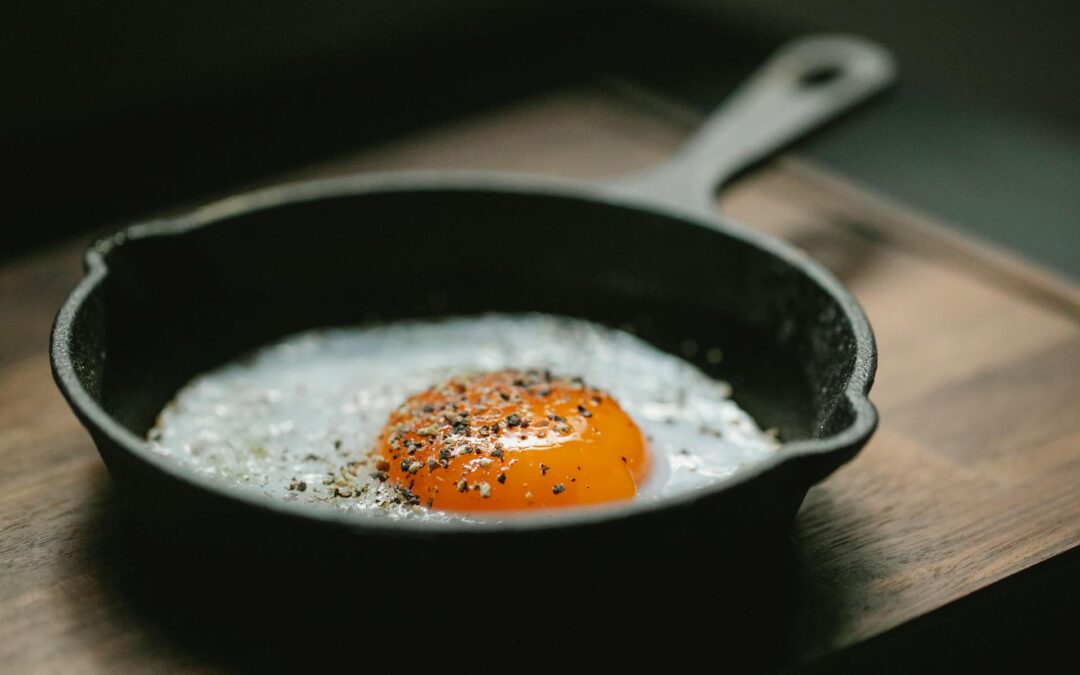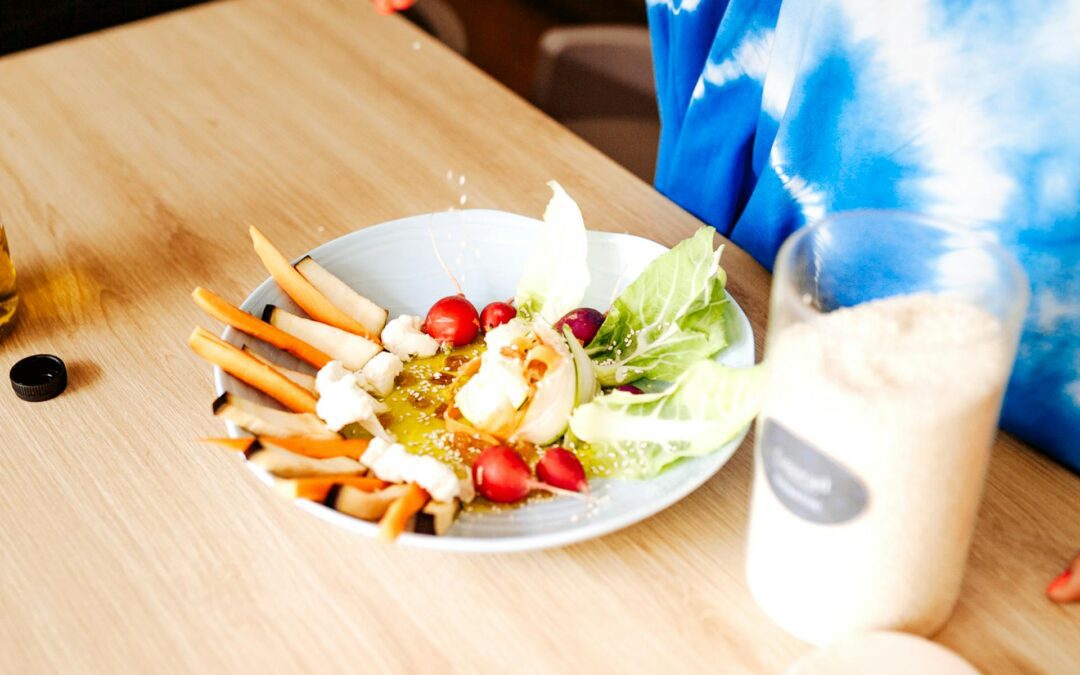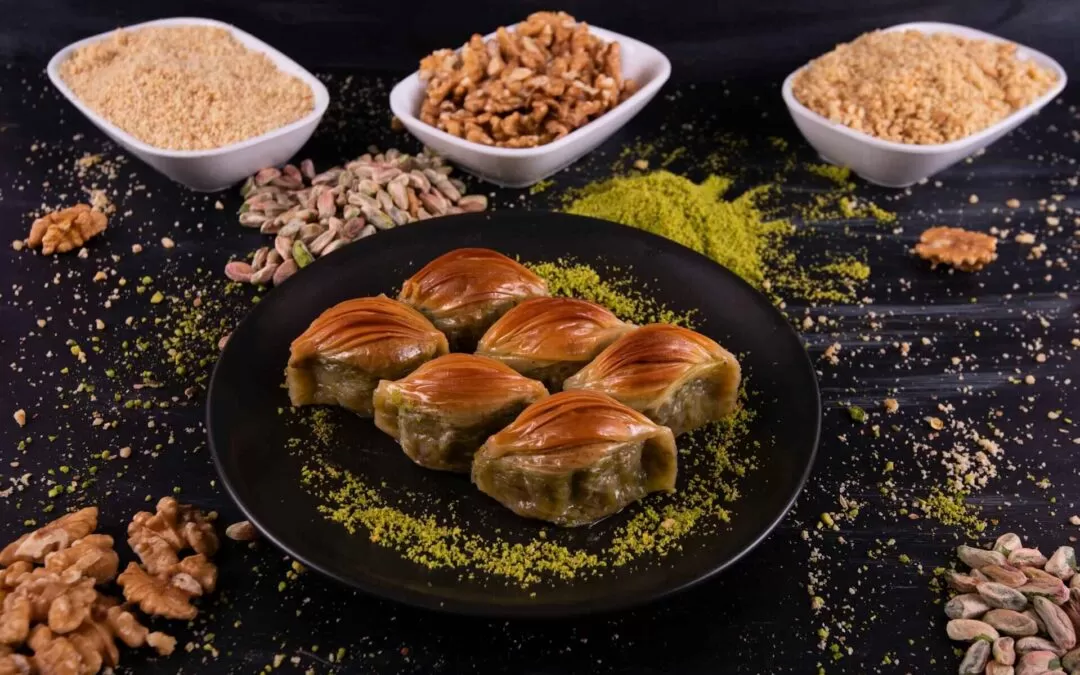I wasn’t sure how to best replace animal products with vegan ones when I started eating a plant-based diet.
Fortunately, getting enough protein without meat, fish, dairy, or eggs was simple. Even better, I quickly discovered that vegan protein sources are delicious and extremely simple to prepare.
Depending on your level of physical activity, the average person requires 0.45-0.73 grams of protein per pound of body weight (1.0-1.6 grams per kg) per day. That equates to 70-113 grams for a 155-pound (70-kg) person (1).
You can quickly get enough protein on a vegan diet because there are so many protein-rich plant foods. Furthermore, experts agree that a well-planned plant-based diet will provide you with all the necessary nutrients, including protein (2, 3, 4).
Here are some of the best vegan protein sources, along with a handy chart.
Nuts and seeds
Protein is found naturally in nuts and seeds.
You can eat them on their own, in nut butter, yogurt, oatmeal, trail mix, smoothies, salads, grain dishes, and homemade veggie burger patties.
A 1-ounce (28-30-gram) serving of various nuts and seeds contains the following amount of protein (5, 6, 7, 8, 9, 10, 11, 12):
- Walnuts: 4.5 grams
- Almonds: 6 grams
- Cashews: 4.5 grams
- Chia seeds: 6 grams
- Flax seeds: 6 grams
- Hemp seeds: 9.5 grams
- Sunflower seeds: 5.5 grams
- Pumpkin seeds: 8.5 grams
Nondairy milk
An increasing number of nondairy milk are available today, but not all are high in protein.
If you want to use nondairy milk as a protein source, get one of the varieties listed below. These can be used in coffee, soup, and batter for baked goods, smoothies, cereal, and cream sauces, just like dairy milk.
Here’s the protein content of 1 cup (240 mL) of the protein-richest nondairy milk (13, 14):
- Soy milk: 6 grams
- Pea milk: 8 grams
Legumes
Legumes, which include beans, peas, and lentils, are excellent sources of protein for vegans.
Cooked legumes can also be eaten on their own, in a marinated grain salad (or other salads), and burritos, quesadillas, soups, and nachos.
The protein content of 1/2 cup (80-93 grams) of canned legumes (15, 16, 17, 18, 19, 20) is as follows:
- Black beans: 8 grams
- Pinto beans: 7 grams
- Chickpeas: 7.5 grams
- Kidney beans: 8 grams
- Lentils: 8 grams
- Peas: 8 grams
Soy products and vegan meat alternatives
Vegan meats are more than just packaged plant-based burgers and hotdogs.
Tofu and tempeh are great in breakfast scrambles, roasted in the oven, stir-fries, burritos, and sandwiches. Seitan is a savory protein made from vital wheat gluten that can be used in soups, salads, grain dishes, tacos, and sandwiches.
The protein content of similar serving sizes of various vegan types of meat (21, 22, 23, 24, 25):
- Tofu (3 ounces or 85 grams): 4 grams
- Tempeh (3/4 cup or 100 grams): 13 grams
- Seitan (3 ounces or 100 grams): 19 grams
- Beyond Meat meatballs (5 total, 100 grams): 20 grams
- Impossible Burger (1 patty, 113 grams): 19 grams
High protein grains
Grains are a lesser-known plant protein source that may be used to augment your protein consumption.
Cooked grains may be used as a meal basis, added to homemade veggie burgers and granola bars, topped salads and soups, stuffed bell peppers, and eaten in breakfast bowls and burritos.
When cooked, a 1/2 cup (100-126 grams) of numerous common grains contain the following protein content (26, 27, 28, 29, 30, 31, 32):
- Quinoa: 4.5 grams
- Brown rice: 3 grams
- Amaranth: 4.7 grams
- Millet: 3.5 grams
- Oats: 3 grams
- Spelled: 6 grams
- Teff: 4.9 grams
High protein fruits and vegetables
Protein is present in all fruits and vegetables. However, some contain more than others.
Fruits and vegetables are often consumed fresh, cooked, or mixed into smoothies and sauces. They are suitable for any meal or snack.
Protein content in comparable serving sizes of high protein fruits and vegetables is as follows (33, 34, 35, 36, 37, 38, 39):
- Broccoli (1 raw cup or 90 grams): 2.5 grams
- Sweet potato (1 medium-sized, cooked, 150-gram potato): 2 grams
- Artichoke (1 small veggie, 90 grams): 3 grams
- Spinach (3 raw cups or 85 grams): 2 grams
- Banana (1 fruit, 125 grams): 1.5 grams
- Blackberries (1 cup or 145 grams): 2 grams
- Guava (1 cup or 165 grams): 4.5 grams
The bottom line
Many vegans are concerned about how they will obtain adequate protein.
You’ll be relieved to learn that consuming a range of protein-rich plant foods delivers more than enough of this vitamin to fulfill the RDA.
Plant-based diets can benefit from legumes and vegan meat substitutes, as well as some nondairy milk, entire grains, and fruits and vegetables.







0 Comments